Your immune system is your body’s main system of protection against foreign invaders such as bacteria and viruses. It uses a range of chemical processes, as well as physical barriers of the body, that offer you protection and resilience. Your immune system is made up of two parts, innate immunity, and adaptive immunity. Sometimes, though, your immune system may need a little help. You can help strengthen your immune system naturally by adjusting your diet and lifestyle. This may be achieved by adding certain foods, herbs, and spices to your daily routine, as well as improving sleep habits and exercise.


1. Spices for the Immune System
As part of a healthy diet, spices can aid in keeping your immune system in tiptop shape, as they are both nutritious and can have therapeutic effects that can benefit your immune system. You already know that getting the right amount of vitamins and minerals is essential to good health, but keep in mind, you don’t need to find these supplements in pills. Try your spice rack!
1.1 The Role of Spices in the Immune System
Spices have different actions and constituents that are applicable to the immune system. Spices have antimicrobial and antibacterial properties that are not merely for human benefit. The real reason some spices have these properties is due to each plant’s biology, and these actions are actually mechanisms used to protect the plants. You can, however, take benefit of these properties to increase your health and support your immune system function. Some spices can soothe the throat, some help breaks down mucous, and others can help reduce the severity of cold and flu. Spices can also help support the immune system through the foods they are cooked with, which will nourish you.
1.2 Supporting the Common Cold or Flu
Spices can be used acutely (and long term) to help ward off cold and flu and support your immune system. Spices with warming qualities are suitable to assist the body in the prevention and treatment of the common cold and influenza, especially in the cooler months. Warming spices also aid the removal of mucous, which is ideal for assisting the body in functioning well during cold and flu season. Warming spices include ginger, cardamom, and cinnamon.
2. Specific Spices for the Immune System
There are some spices that can directly help the immune system, for example, medicinal spices that are antibacterial, antimicrobial, and antiviral. Others can add secondary benefits through certain properties that can soothe the throat and act more symptomatically.
2.1 Thyme


Thyme (Thymus vulgaris) is such a common culinary garden plant, yet it has many benefits, especially in the health of the immune system. Thyme contains the volatile oil thymol, which has been found in studies to be antibacterial. Traditionally thyme has been shown to have actions that are specific to the health of the throat and lungs, including being an expectorant, spasmolytic, antioxidant, and antimicrobial
2.2 Turmeric
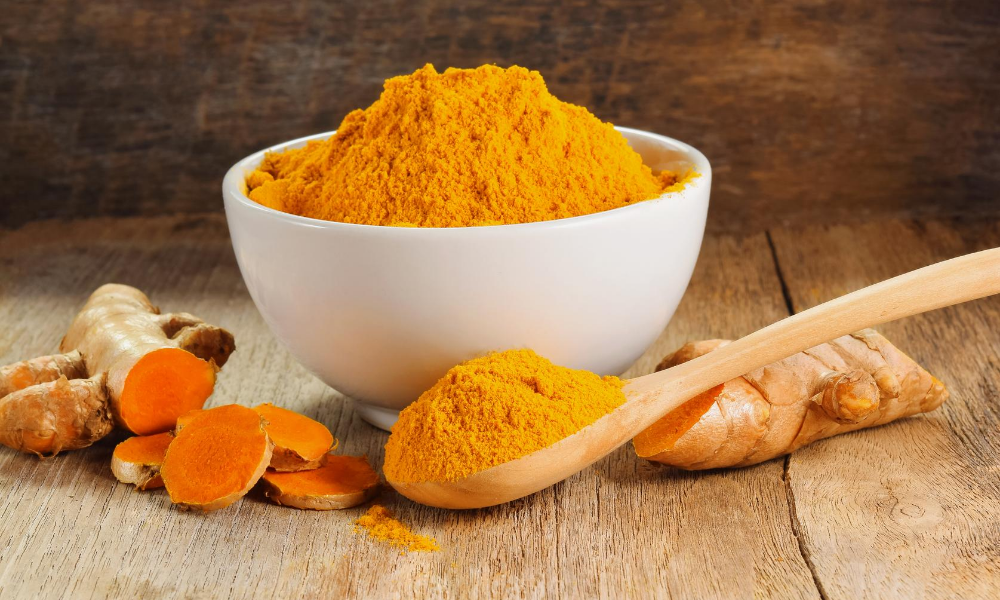

The antioxidant and anti-inflammatory active ingredients in turmeric have the ability to boost the body’s immune system. In addition, curcumin in turmeric helps increase the number of lymphocytes and macrophages, treats immune disorders, and prevents chronic diseases.
2.3 Onions


Onions have been used for thousands of years as food and medicine. Onions are often used as a home remedy for colds and the flu, as a mucolytic plant. They also contain a prebiotic called fiber inulin, which is good for the immune system as it helps feed the good bacteria in your gut. There is an old remedy used for colds in which you place a cut-up onion in your bedroom overnight while you sleep or under the soles of your feet (and you wear socks over the top!).
2.4 Licorice
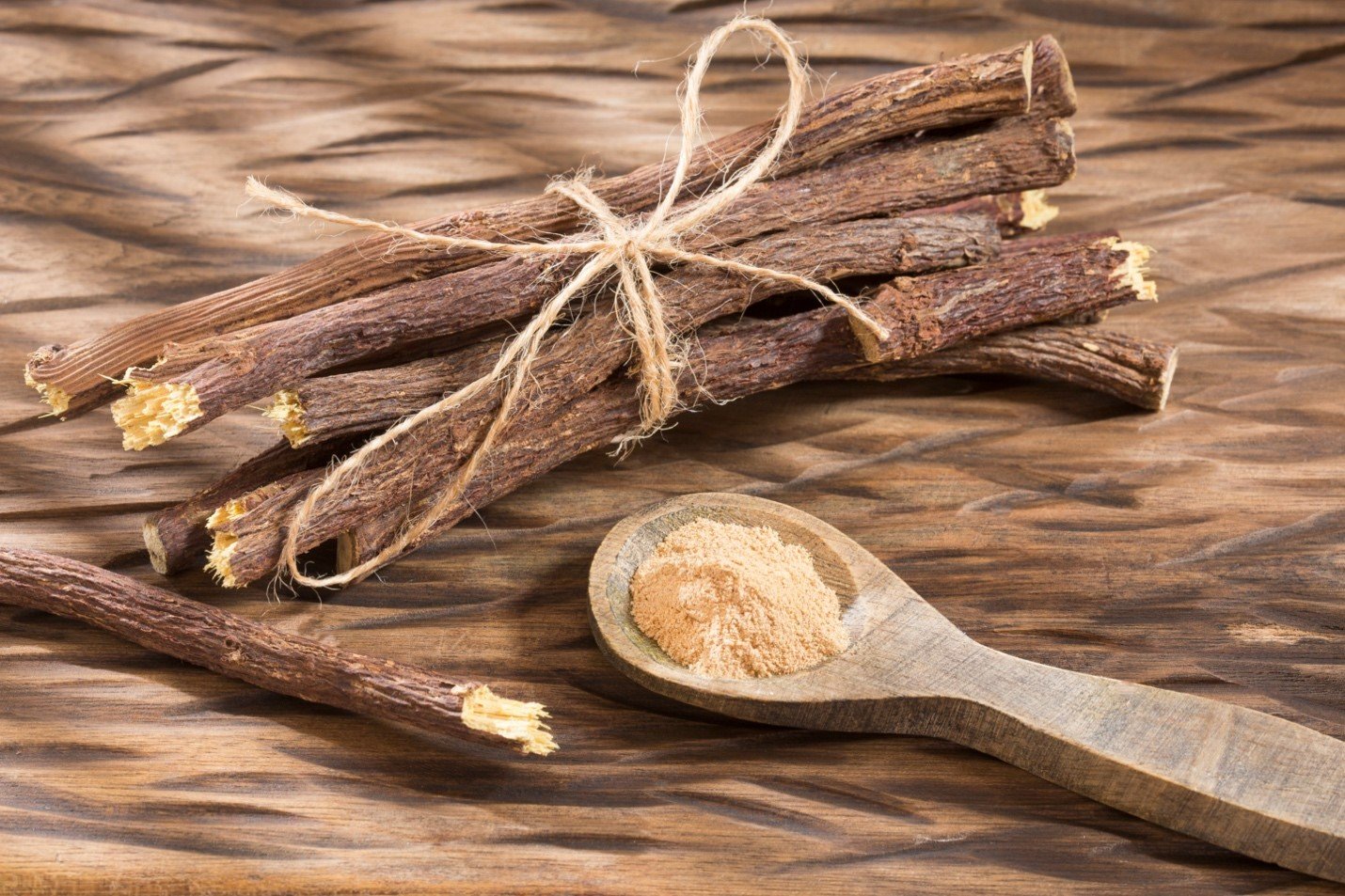

Licorice Root has antiviral properties and is physically soothing to the mucous membranes. As it is antiviral it can be suitable for use during cold and flu. It is soothing to the throat because of its action as a demulcent and because of its constituents, the mucilaginous polysaccharides. Licorice has antiviral properties that are useful for cold and flu, as generally, viruses contribute to these conditions, not only bacteria. Licorice can be made into a lovely tea, herbal cough drops, or a syrup with honey to soothe your throat while you recover from a cold or from influenza.
Caution: Licorice should be used only short term and should be prescribed by a qualified herbalist.
2.5 Cinnamon Bark
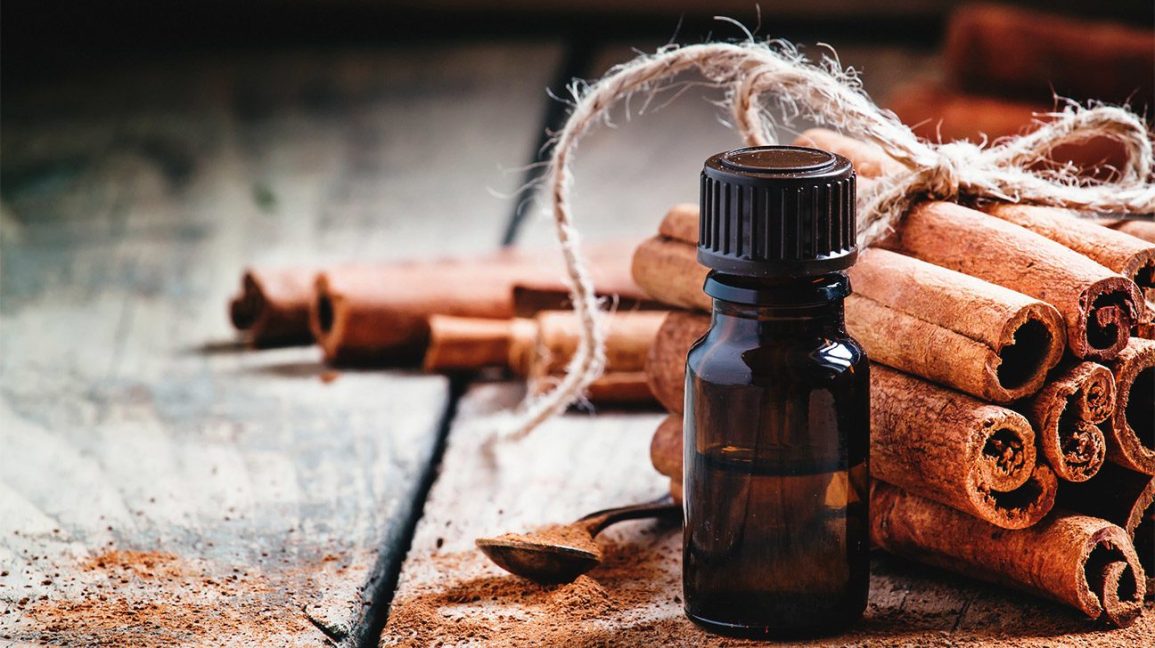

Cinnamon is astringent, mucilaginous, carminative, and an aromatic digestive that has a slightly sweet and bitter taste. You may notice if you eat cinnamon it can make your mouth feel a little dry; this is due to its astringent action and tannin content. Cinnamon is useful for cold and flu due to its antibacterial essential oils and its ability to form mucilage, which is soothing to the mucosa. You can drink cinnamon in an infusion or decoction along with ginger and honey to taste.
2.6 Astragalus Root
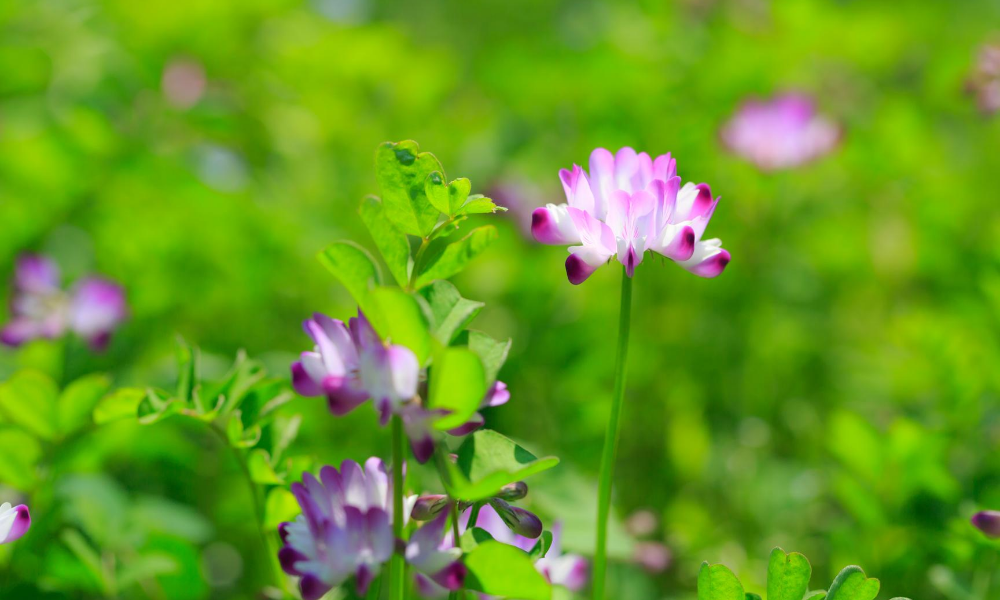

Astragalus root, also known as Huang Qi, is often used in food for its medicinal properties in traditional Chinese medicine, as well as in Western Herbal Medicine. Astragalus is a powerful immune booster and a tonic. It acts in the immune system by modulation of immune activity, and by its antioxidant function. You can find dried astragalus in Asian grocery stores and use it in your cooking, for example, in soups and stews. Astragalus can be cooked with other spices such as garlic, ginger, and onion as a synergistic immune-boosting combination. Astragalus should be avoided in the early stages of an infection and is better used preventatively.
2.7 Garlic
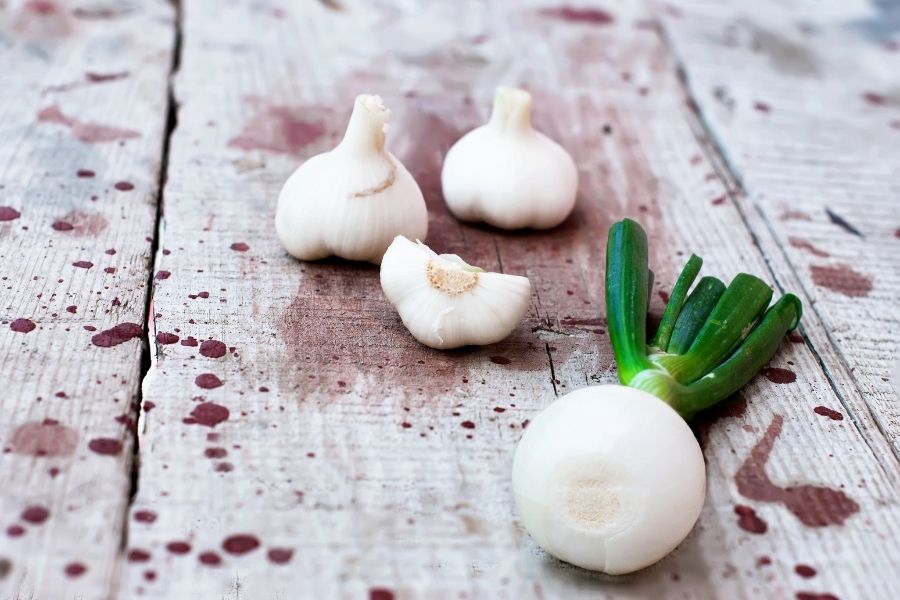

Garlic is a well-known antimicrobial remedy and spice that has been used since ancient Egypt. According to the herbalist Maud Grieve, author of A Modern Herbal, garlic is diaphoretic, expectorant, diuretic, and stimulant. Garlic has antioxidant and anti-inflammatory properties, too. These days, garlic isn’t used to ward off beasts; it is, however, often used for infectious conditions, both topically and in food. It has been used in such conditions as ringworm and thrush due to its antimicrobial properties. It is also a great remedy for colds and the flu. This is because garlic contains allicin, which is the active, antimicrobial constituent. Garlic needs to be exposed to air for about 10 minutes to release the allicin.
2.8 Black Pepper
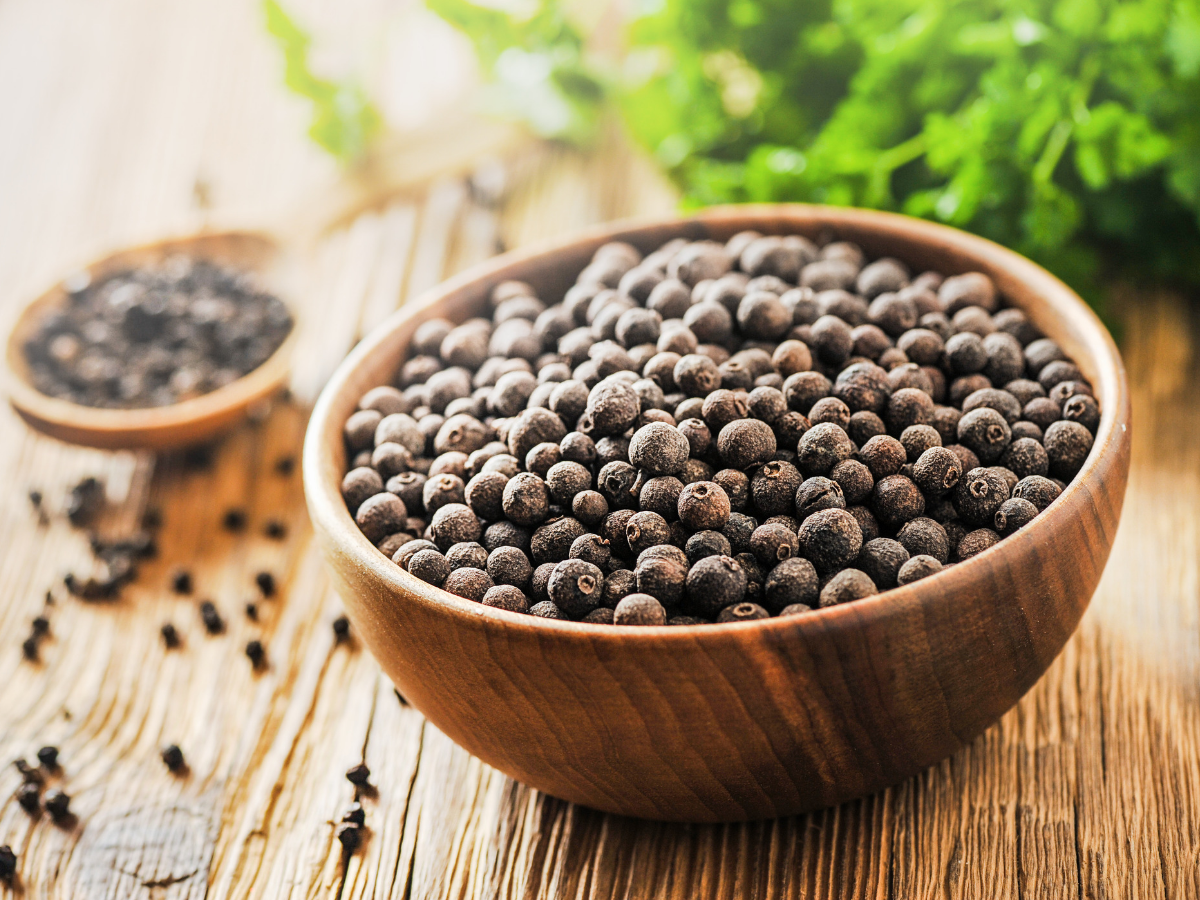

According to an article by researchers Murlidhar Meghwal and T.K. Goswami in 2012, black pepper (Piper nigrum), sometimes called the “king of spices,” is an antioxidant, antipyretic (which means it helps reduce or prevent a fever), “anticancer,” antiperiodic, antimicrobial, antibacterial, and an immune enhancer. It is thought to be an immune enhancer by “supporting the efficiency of white cells and assists the body to raise a powerful defense against invading microbes.” Ground black pepper can be used on your daily meals. It can also be ground and mixed into honey as a remedy for coughs that present with a lot of mucous.
2.9 Ginger
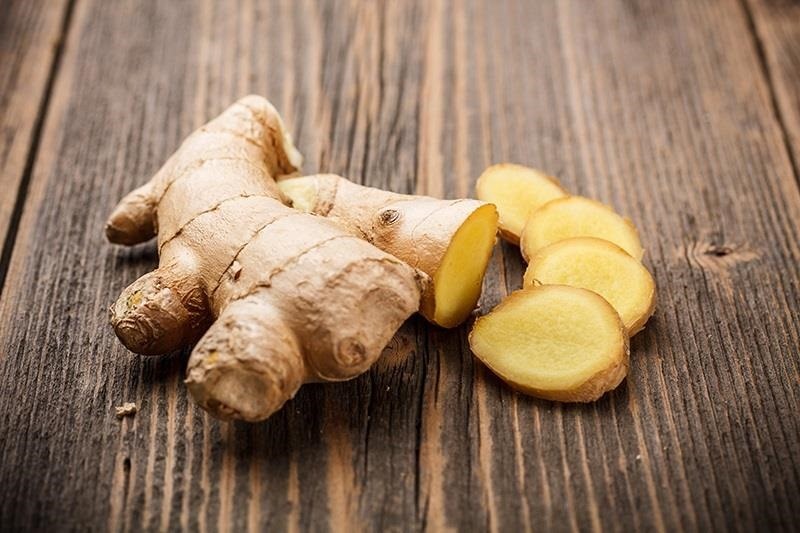

Ginger (Zingiber officinale) is an anti-inflammatory spice, suitable to the immune system. The rhizome or “root” is the part used therapeutically. According to research in the Journal of Ethnopharmacology, ginger may have antiviral properties. Ginger, in the form of tea, is also diaphoretic, meaning it can help raise your body temperature and keep you warm, as it increases sweating, which is ideal during times of low immunity, such as during a cold or flu.
2.10 Chili
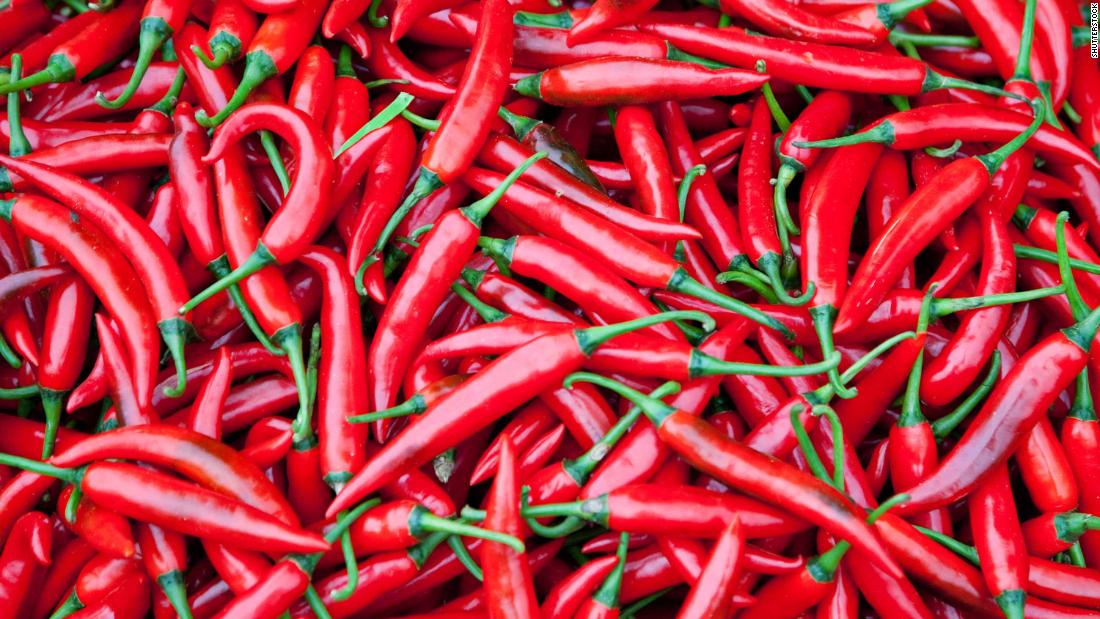

Chili is a spice that can help break down and thin excess mucus in the sinuses and help the body get rid of it. The fruit and its encased seeds can both be used. Chili is diaphoretic as well. It is rich in vitamin C and very warming and stimulating. Chili is best used in very small amounts, due to its heating (and potentially burning) qualities. You can eat chili in soups and stews, casseroles, and broths, or a pinch can be added to tea.
2.11 Peppermint
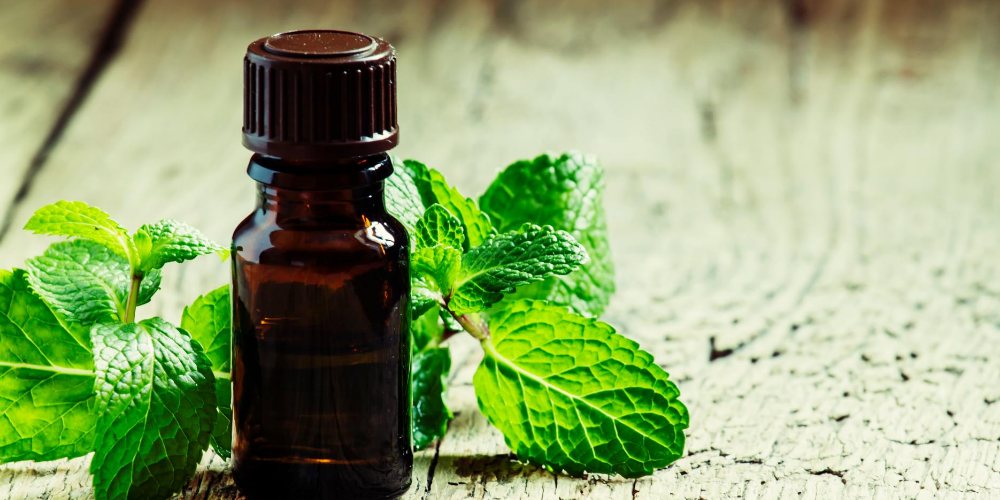

Leaves from the peppermint plant are antimicrobial and antibacterial. Peppermint can be used in mouthwashes, gargles, and to freshen breath. They can be used as herbal teas when you have a cold as well. Peppermint is diaphoretic, meaning it increases sweating and is naturally cooling, unlike the warming nature of other spices.
2.12 Myrrh
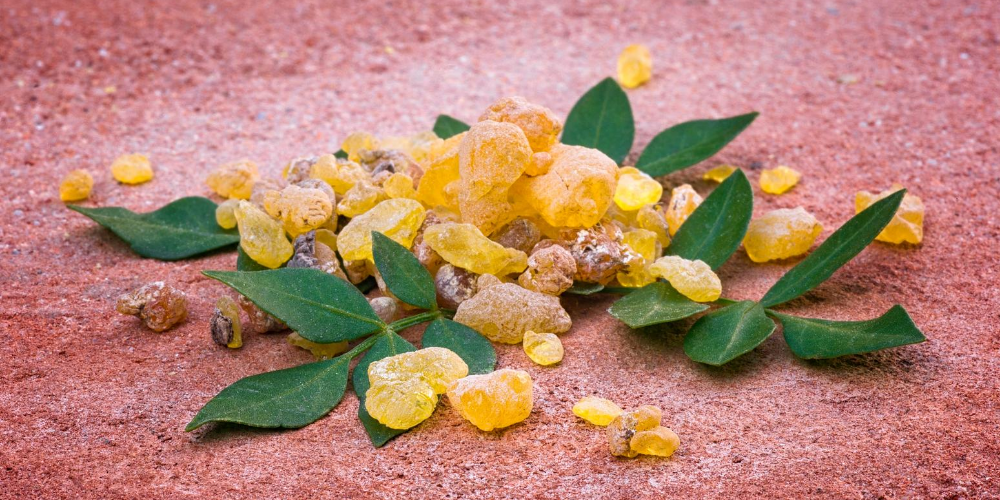

Myrrh can be a useful plant for the health of the mouth, as well as in the treatment of cold and flu. Myrrh is antiseptic, antimicrobial, antiparasitic, and anti-inflammatory. Traditionally it has been used to treat infections, respiratory conditions, respiratory catarrh, and wounds, and also acts as an astringent, expectorant, and anticatarrhal. The British Herbal Pharmacopoeia recommends myrrh for aphthous ulcers, pharyngitis, and the common cold.
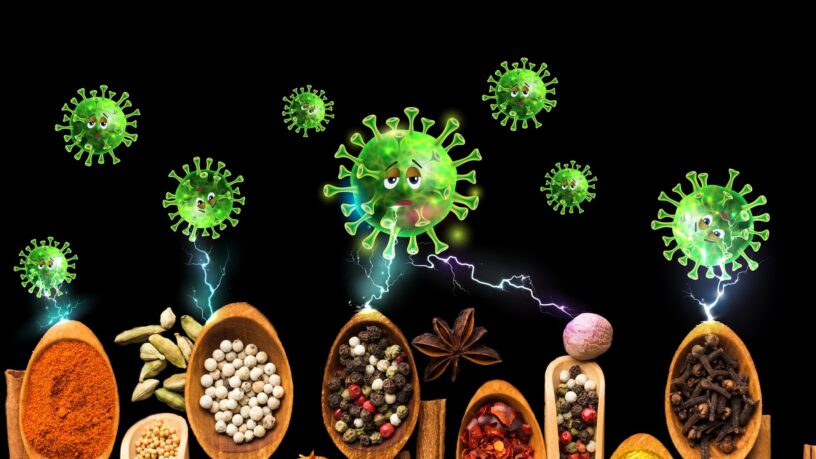





Leave a Reply